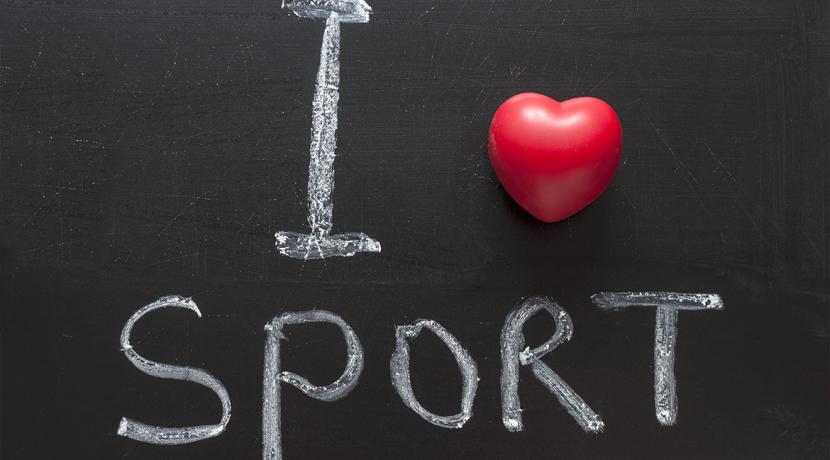
With the first week of the NBA playoffs in the books, it looks like there's a good chance that the Golden State Warriors won't make it to the second round – yet the Atlanta Hawks just might. While it might be premature to wonder if the NBA has accidentally stumbled upon parity, albeit a sort of parity that most average basketball fans would want no part of, it's been interesting seeing the unpredictability that characterized the regular 2013-14 season continuing into the postseason. After a night where the Hawks and the Memphis Grizzlies took 2-1 series leads, it looked like the underdog Warriors had a chance to rally back from an 18-point deficit against the favored Los Angeles Clippers and complete Thursday's third straight upset. Down two points, with possession of the ball and eight seconds left, the Warriors were a basket away from either forcing overtime or winning outright by making a three-pointer. Instead, Steph Curry didn't connect with his attempt, and, despite drawing contact from Clippers point guard Chris Paul, officials did not call a foul on the play. The Clippers won at the end of regulation, 98-96 in front of a stunned crowd of Warriors fans, putting Golden State into a 2-1 series disadvantage. Curry, along with a vast majority of Warriors fans, believed that Paul's contact with his elbow interfered with the shot and that he should have been rewarded free throws on the play. The major counter-arguments here are that a) there wasn't enough contact to be called a foul, no matter what the circumstance b) Curry was fouled, but he also pushed off during the play or c) that it would have been called a foul earlier in the game, but it's not something the referees should have called on the pivotal play of the game. That last bit is the "let the players play the game" argument, one made more often than not by those on the side who would benefit from a no-call. It's an argument that's both understandable and a bit odd at the same time. On one hand, referees should take in-game context into account when deciding when to blow the whistle or not, but it does seem strange that what constitutes a foul is dependent on something as arbitrary as the time left on the game clock. Expect footage of the game's final play to be rewatched and over-analyzed non-stop over the next few days, turning NBA analysts into conspiracy theorists going over footage of JFK's assassination, or your stoner friends trying to solve the mystery of the Russian "ghost car". (It should also be noted that the NBA has said it missed a call against the Clippers in game one, and that this could be something of a "make-up" call, but this is already getting convoluted enough as it is.) Not that any of this will help the Warriors, barring a solid argument to give the officials and a working time machine. Thursday night's road win, along with the Blake Griffin-fueled 138-98 blowout on Monday, allowed the Clippers to take back the home-field advantage they lost on Saturday when they dropped their series opener. The controversial ending, however, ensures that this already heated series will become even more emotional when it resumes on Sunday.
